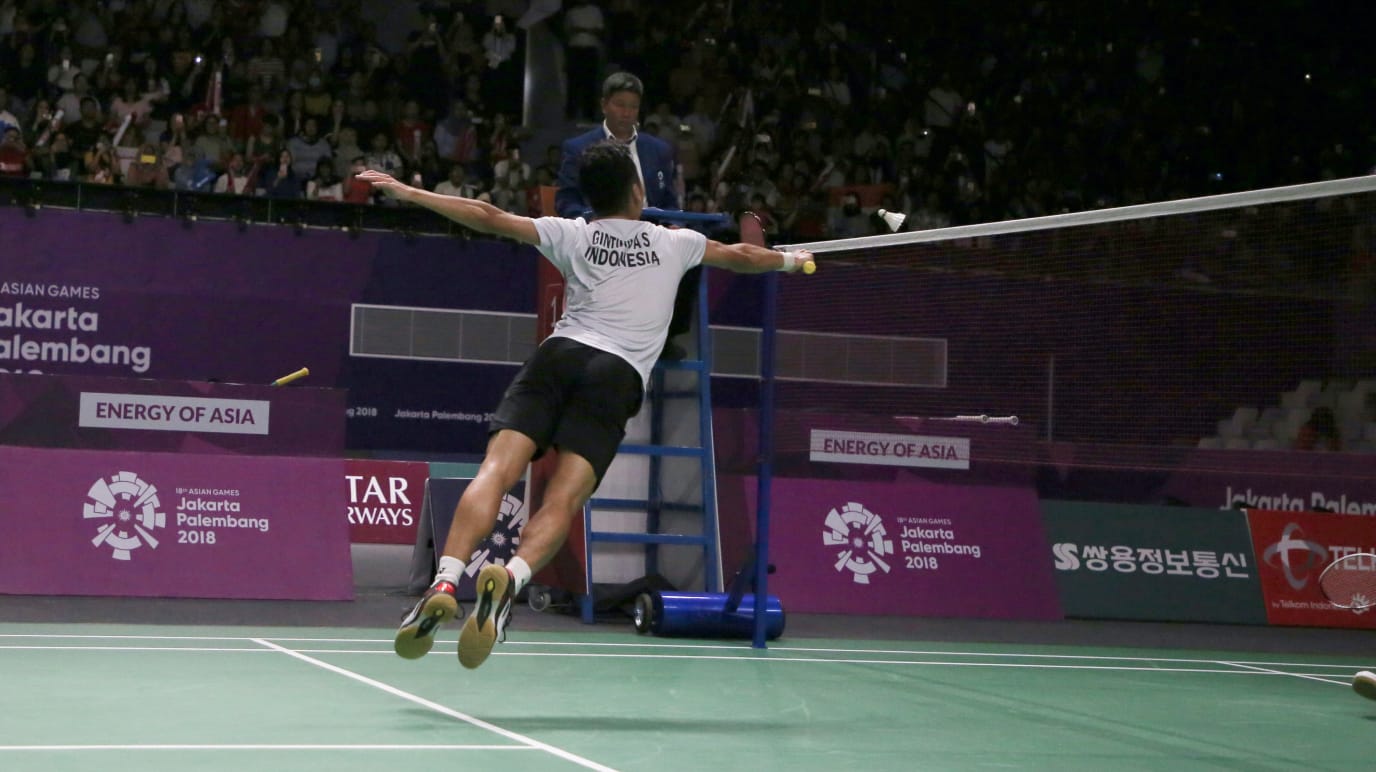In recent years, esports has transformed from a niche hobby into a mainstream entertainment powerhouse. With millions of viewers and players worldwide, competitive gaming is reshaping the landscape of sports and entertainment. This post explores the rise of esports, its impact on global culture, and what the future holds for this rapidly growing industry.
The Origins of Esports
From Arcades to Global Arenas
Esports has humble beginnings, tracing back to the arcade gaming competitions of the 1970s and 1980s. In those early days, gamers would gather in local arcades to compete for high scores and bragging rights. These small gatherings of gaming enthusiasts laid the groundwork for what would eventually become a global phenomenon. As technology advanced and gaming consoles became more accessible, the competitive spirit of these early arcade tournaments began to spread.

The transition from local arcades to global arenas marks a pivotal moment in the history of competitive gaming. Today, esports tournaments fill stadiums and attract millions of online viewers. The transformation from casual gatherings to highly organized events with professional players and dedicated fan bases is a testament to the growth and evolution of the esports industry.
The Birth of Online Gaming
The advent of the internet in the 1990s revolutionized esports by enabling online multiplayer games. This technological breakthrough allowed players to compete against each other regardless of geographical location, breaking down barriers and fostering a truly global competitive scene. Games like "StarCraft" and "Counter-Strike" became pioneers in the world of online gaming, creating vibrant communities and competitive ecosystems.
The emergence of online gaming laid the foundation for the modern esports industry. Players could now hone their skills and compete in a virtual arena, connecting with fellow gamers from around the world. This newfound connectivity fueled the growth of esports, setting the stage for the massive industry we see today.
The Growth of the Esports Industry
Major Esports Titles and Tournaments
Today, esports encompasses a wide range of games, each with its own competitive scene. Popular titles like "League of Legends," "Dota 2," and "Fortnite" have captured the imaginations of millions of players and viewers. These games have become cultural phenomena, with players dedicating countless hours to mastering their mechanics and strategies.


Click on the image to open a lightbox with zoom capabilities.
Major esports tournaments, such as The International and the League of Legends World Championship, offer multi-million dollar prize pools and are broadcast to global audiences. These events showcase the best talent in the world and provide thrilling entertainment for fans. The scale and professionalism of these tournaments highlight the legitimacy and influence of esports in the modern sports landscape.
The Role of Streaming Platforms
Streaming platforms like Twitch and YouTube Gaming have played a crucial role in the growth of esports. These platforms provide a stage for players to showcase their skills and for fans to engage with their favorite games and personalities. The accessibility and interactivity of streaming platforms have democratized esports, allowing anyone with an internet connection to participate and spectate.
The rise of streaming has also given birth to a new generation of gaming influencers and content creators. These individuals have built massive followings by sharing their gameplay, insights, and personalities with audiences worldwide. The symbiotic relationship between esports and streaming platforms has helped esports reach a wider audience, further fueling its popularity and cultural impact.
The Cultural Impact of Esports
Esports as a Mainstream Entertainment
Esports has become a significant part of mainstream culture, with professional players gaining celebrity status and major brands investing in sponsorships. The inclusion of esports in events like the Asian Games and discussions about its potential inclusion in the Olympics highlight its growing recognition as a legitimate sport. Esports athletes are celebrated for their skill and dedication, earning respect and admiration from fans around the globe.
The mainstream acceptance of esports has also led to increased media coverage and public interest. Esports events are now broadcast on traditional sports networks, and gaming news is featured alongside other major sports headlines. This visibility has helped bridge the gap between gaming and traditional sports, creating new opportunities for collaboration and growth.
Community and Inclusivity
Esports fosters diverse and inclusive communities, bringing together people from different backgrounds and cultures. It provides opportunities for collaboration, competition, and connection, transcending traditional barriers and creating a global network of gamers and fans. Esports communities thrive on the shared passion for gaming, offering a sense of belonging and camaraderie to players and spectators alike.
The inclusivity of esports is one of its greatest strengths. Unlike traditional sports, which may have physical or geographical limitations, esports is accessible to anyone with a computer or gaming console. This accessibility has empowered individuals from all walks of life to participate in competitive gaming, fostering a rich and diverse community that celebrates talent and passion above all else.
The Future of Esports
Technological Advancements
As technology continues to advance, the future of esports looks promising. Innovations in virtual reality, augmented reality, and artificial intelligence are set to enhance the gaming experience, offering new possibilities for players and spectators alike. These technologies have the potential to revolutionize how esports are played and viewed, creating more immersive and interactive experiences.
Virtual reality could allow players to step inside the game, experiencing it from a first-person perspective that blurs the line between reality and the digital world. Augmented reality could enhance live events, overlaying digital information and graphics onto the physical environment. As these technologies continue to develop, they will undoubtedly shape the future of esports, providing exciting new opportunities for engagement and innovation.
Challenges and Opportunities
While esports continues to grow, it also faces challenges such as player burnout, regulatory issues, and maintaining competitive integrity. The intense demands of professional gaming can lead to physical and mental health concerns for players, necessitating better support systems and wellness programs. Additionally, the rapid growth of the industry has raised questions about governance and fair play, requiring clear regulations and standards to ensure a level playing field.
However, these challenges present opportunities for the industry to evolve and improve, ensuring a sustainable and exciting future for esports. By addressing these issues proactively, the esports community can build a more resilient and inclusive industry that supports players, fans, and stakeholders alike.
Conclusion
The rise of esports is a testament to the power of technology, community, and competition. As it continues to evolve, esports is poised to become an even more integral part of global culture, offering thrilling experiences for players and fans around the world. Whether you're a seasoned gamer or a curious newcomer, the world of esports invites you to explore, compete, and connect in this exciting digital frontier.
Esports represents a new era of sports and entertainment, where digital landscapes become arenas and players become legends. As we look to the future, the potential for esports is boundless, promising new adventures and opportunities for those who dare to dream and play.





Comments